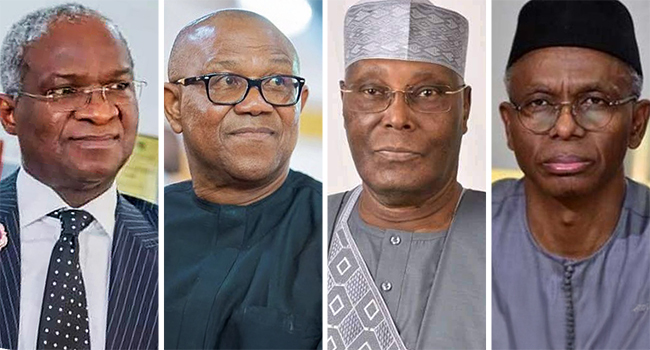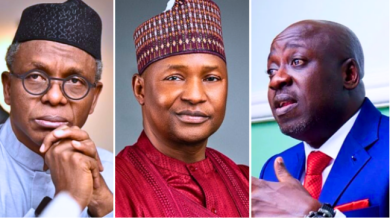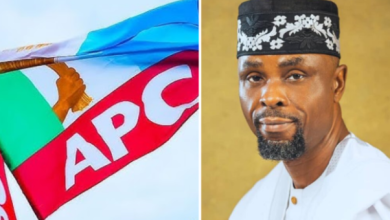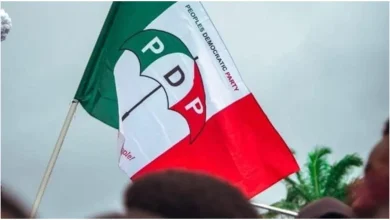Politics
Opposition coalition a reawakening of politics – Fashola

The emergence of a coalition led by opposition leaders in Nigeria has been hailed by former Lagos State Governor Babatunde Fashola as a development that dispels claims that the country was drifting toward a one-party state.
In a one-on-one interview on Channels Television’s Sunrise on Saturday, Fashola said that the coalition’s formation puts a lie to the narrative that Nigeria was becoming a one-party state.
Fashola noted that the emergence of the coalition might benefit Nigeria from what he called the “reawakening of opposition from what has been a long slumber”.
He said, “I respect the rights to associate, and Nigeria perhaps benefits from the reawakening of opposition from what has been a long slumber, if you ask me.
”The opposition essentially abdicated its responsibility over the last two years.”
Fashola however, emphasised that the coalition has a responsibility to provide a compelling alternative message, saying that it was not enough for individuals to gather to change Nigeria.
He said, “The second point to make is that it is a manifestation of a right to choose a freedom of choice, a freedom to associate, and one must respect that as I do.
”Gathering ourselves together and saying we want to change Nigeria, we want to remake Nigeria, is all very well and good.
”What is the compelling alternative message? Without a manifesto, without a programme of action, I can’t speak to how persuasive the coalition will be, but there’s still a distance to run.”
The coalition was formed when some leading opposition leaders adopted the African Democratic Congress (ADC) as the political party to contest the presidential election and defeat President Bola Tinubu in 2027.
The leaders include Atiku Abubakar, Peter Obi, and Nasir El-Rufai. The ADC has appointed a former Senate President, Senator David Mark, as its interim National Chairman, and a former Osun State Governor, Rauf Aregbesola, as its interim National Secretary.
Meanwhile, the ruling All Progressives Congress (APC) insisted that any coalition against President Tinubu’s second-term bid would fail.
The party remained confident in its ability to retain power in the 2027 presidential election.
Meanwhile, Fashola also expressed his views on local government autonomy, saying it would be unrealistic to expect local governments in Nigeria to function independently under the current Constitution.
Fashola explained that the Constitution provided that state houses of assembly make laws for local governments, which is an external influence that contradicts the idea of autonomy.
He said, “If you look at the legal and ordinary meaning of the word, autonomy, it suggests that you are acting independently without any outside influence and authority, and to that extent, a state House of Assembly making laws for what and how a local government can function is in itself an external influence that contradicts the idea of autonomy.”
Fashola also pointed out that land, which is an essential asset for local governments to provide infrastructure, is controlled by state governments.
He noted that the responsibilities assigned to local governments, such as operating slaughterhouses, cemeteries, and primary schools, were dependent on land, and the state government’s control over land affects how local governments carry out these functions.
The former governor also discussed the joint account between states and local governments, which was established to ensure supervision and prevent default in payment of staff salaries and pensions.
He said, “And there’s history behind the enactment of that section because up till 1999, the local governments used to collect their money directly from the Federation account under a process that I think was known as JAAC, Joint Accounts and allocation or something.”
Regarding the Supreme Court’s ruling on local government autonomy, Fashola said that while the judgment might be a step in the right direction, legal practitioners have mixed opinions on whether it could stand constitutional scrutiny.
He, however, noted that the conduct of council elections was a good step towards making local governments independent.



